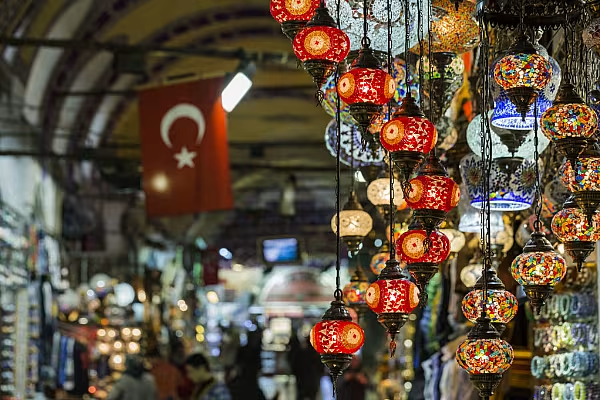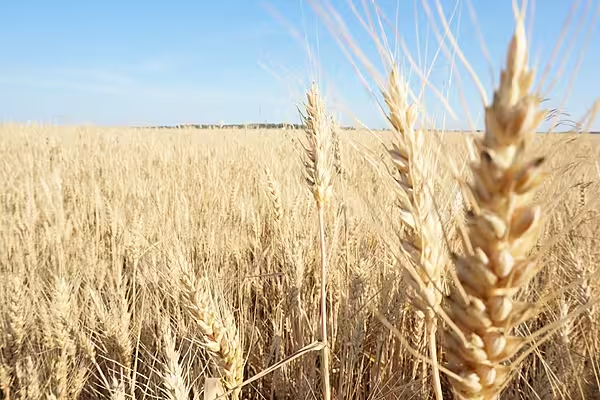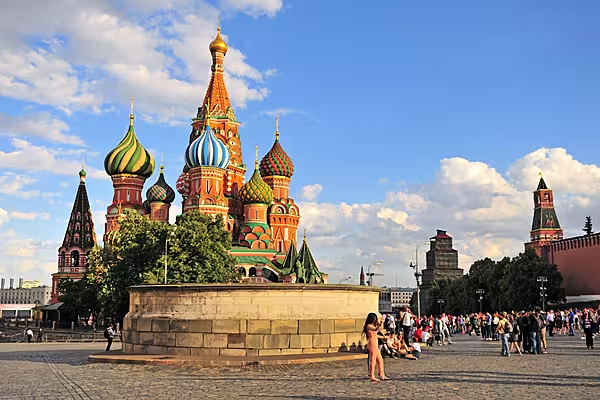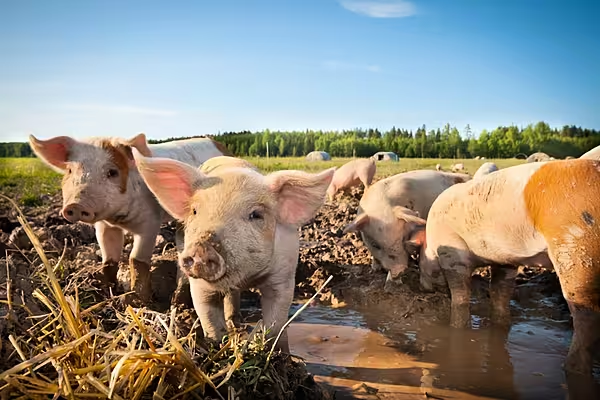Russia and Turkey’s tit-for-tat food bans aren’t sustainable and will eventually hurt farmers and shoppers on both sides, according to Turkey’s Agriculture Minister.
Turkey, which says it restricted some Russian agriculture imports in response to a similar policy on Turkish food, is hoping a truce can be negotiated between the two countries, said minister Faruk Celik in interview in Istanbul.
“We need each other,” he said. Turkey is Russia’s second-biggest buyer of wheat, and a major exporter of fresh produce to Russia.
Improved Relations
The squabble stems from late 2015, when Turkey shot down a Russian airplane near its border, prompting Russia to respond by banning some food imports. Relations had begun to improve, but sentiment has soured again because Russia hasn’t yet ended restrictions on items including tomatoes, cucumbers and apples.
Unless they resolve the dispute soon, Russian shoppers will pay higher grocery bills and Turkish farmers will earn less, according to Celik. Turkish farmers are selling products to exporters in other countries for cheaper prices, he said. Exporters then ship the food to Russia, which results in higher costs for consumers, he said.
“We’d respect your decision to produce your own goods, but if you’re going to get it from abroad, then you should continue trading directly with Turkey like in the old days,” Celik said. “This would be win-win for Turkish farmers and Russian consumers.”
News by Bloomberg, edited by ESM. To subscribe to ESM: The European Supermarket Magazine, click here.











